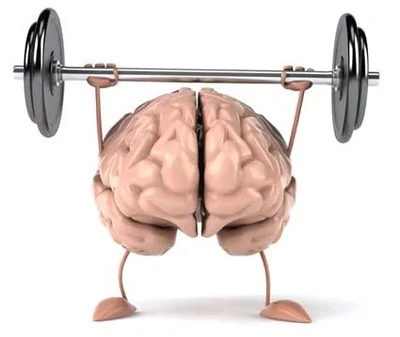Book Appointment Now

Special Care for Elderly People: Ensuring Comfort, Dignity, and Quality of Life
Introduction
As we age, our needs and challenges evolve, making specialized care for the elderly crucial for maintaining a high quality of life. Elderly individuals often face unique physical, emotional, and cognitive changes that require thoughtful and tailored approaches to care. In this blog post, we will explore the importance of special care for elderly people, the key components of effective care, and how caregivers and healthcare professionals can ensure comfort, dignity, and overall well-being for seniors.
Understanding the Needs of the Elderly
The aging process can bring about various changes that impact an individual’s daily life:
- Physical Changes: Reduced mobility, decreased strength, and slower healing processes are common. Chronic conditions such as arthritis, diabetes, and heart disease may also become more prevalent.
- Cognitive Changes: Conditions like dementia and Alzheimer’s disease can affect memory, judgment, and the ability to perform daily tasks.
- Emotional Changes: Feelings of isolation, loss of independence, and changes in social roles can impact mental health and emotional well-being.
The Importance of Special Care
Specialized care for the elderly is essential to address these needs and ensure a comfortable and dignified life. Here’s why tailored care is so important:
- Enhances Quality of Life: Personalized care plans can help manage health conditions, reduce discomfort, and improve overall well-being, allowing elderly individuals to live more comfortably.
- Promotes Independence: Effective care strategies aim to maintain or improve independence by providing support where needed while encouraging self-sufficiency and autonomy.
- Provides Safety and Security: Specialized care ensures that elderly individuals are in a safe environment, with appropriate measures in place to prevent accidents and address any immediate health concerns.
- Supports Emotional Well-Being: Addressing emotional and social needs through companionship, mental health support, and engaging activities helps combat feelings of loneliness and depression.
Key Components of Special Care for the Elderly
- Personalized Care Plans: Developing individualized care plans based on health assessments and personal preferences ensures that each elderly person’s unique needs are met. This includes managing chronic conditions, medication, and dietary requirements.
- Physical Care: Assistance with activities of daily living (ADLs) such as bathing, dressing, and grooming is crucial. Additionally, physical therapy and exercise programs can help maintain mobility and strength.
- Cognitive Support: For those with cognitive impairments, care should include structured routines, memory aids, and activities designed to stimulate cognitive function and promote mental engagement.
- Emotional and Social Support: Creating opportunities for social interaction, providing companionship, and addressing mental health needs are essential for maintaining emotional well-being. Support groups and social activities can also play a significant role.
- Safety Measures: Implementing safety features such as grab bars, non-slip mats, and emergency alert systems helps prevent accidents and ensures immediate assistance if needed.
- Healthcare Management: Regular medical check-ups, managing medications, and coordinating with healthcare professionals ensure that medical needs are met and health conditions are monitored and addressed.
- Nutrition and Hydration: Proper nutrition and hydration are vital for maintaining health and energy levels. Care plans should include balanced diets and adequate fluid intake tailored to individual dietary needs.
- Family Involvement: Involving family members in care planning and decision-making helps provide a support network and ensures that the elderly person’s preferences and needs are respected.
Conclusion
Special care for elderly people is fundamental in ensuring their comfort, dignity, and quality of life. By focusing on personalized care plans, physical and cognitive support, emotional well-being, safety, and healthcare management, caregivers and healthcare professionals can make a significant difference in the lives of seniors. If you’re caring for an elderly loved one, consider reaching out to specialists and resources to create a care plan that meets their unique needs and enhances their overall well-being.

